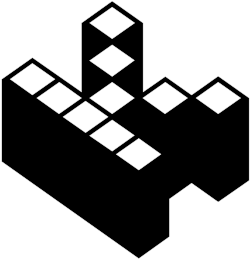
| Part of a series on the |
| Grey market |
|---|
 |
| Types |
| Legal aspects |
| Political aspects |
| Related subjects |
Criticism of copyright, or anti-copyright sentiment, refers to perspectives that question or challenge aspects of current copyright laws or the concept of copyright itself. Critics often discuss philosophical, economical, or social rationales of such laws and the laws' implementations, the benefits of which they claim do not justify the policy's costs to society. They advocate for changing the current system, though different groups have different ideas of what that change should be. Some call for remission of the policies to a previous state—copyright once covered few categories of things and had shorter term limits—or they may seek to expand concepts like fair use that allow permissionless copying. Others seek the abolition of copyright itself.
Contents
- Economic arguments
- Non-scarcity
- Uncertain economical impact
- Information technology related concerns
- Cultural arguments
- Freedom of knowledge
- Authorship and creativity
- Preservation of cultural works
- Ethical issues
- Censorship
- Philosophical arguments
- Organisations and scholars
- Groups advocating the abolition of copyright
- Groups advocating changes to copyright law
- Groups advocating using existing copyright law
- Scholars and commentators
- See also
- References
- External links
Opposition to copyright is often a portion of platforms advocating for broader social reform. For example, Lawrence Lessig, a free-culture movement speaker, advocates for loosening copyright law as a means of making sharing information easier or addressing the orphan works issue [1] and the Swedish Pirate Party has advocated for limiting copyright to five year terms. [2]


